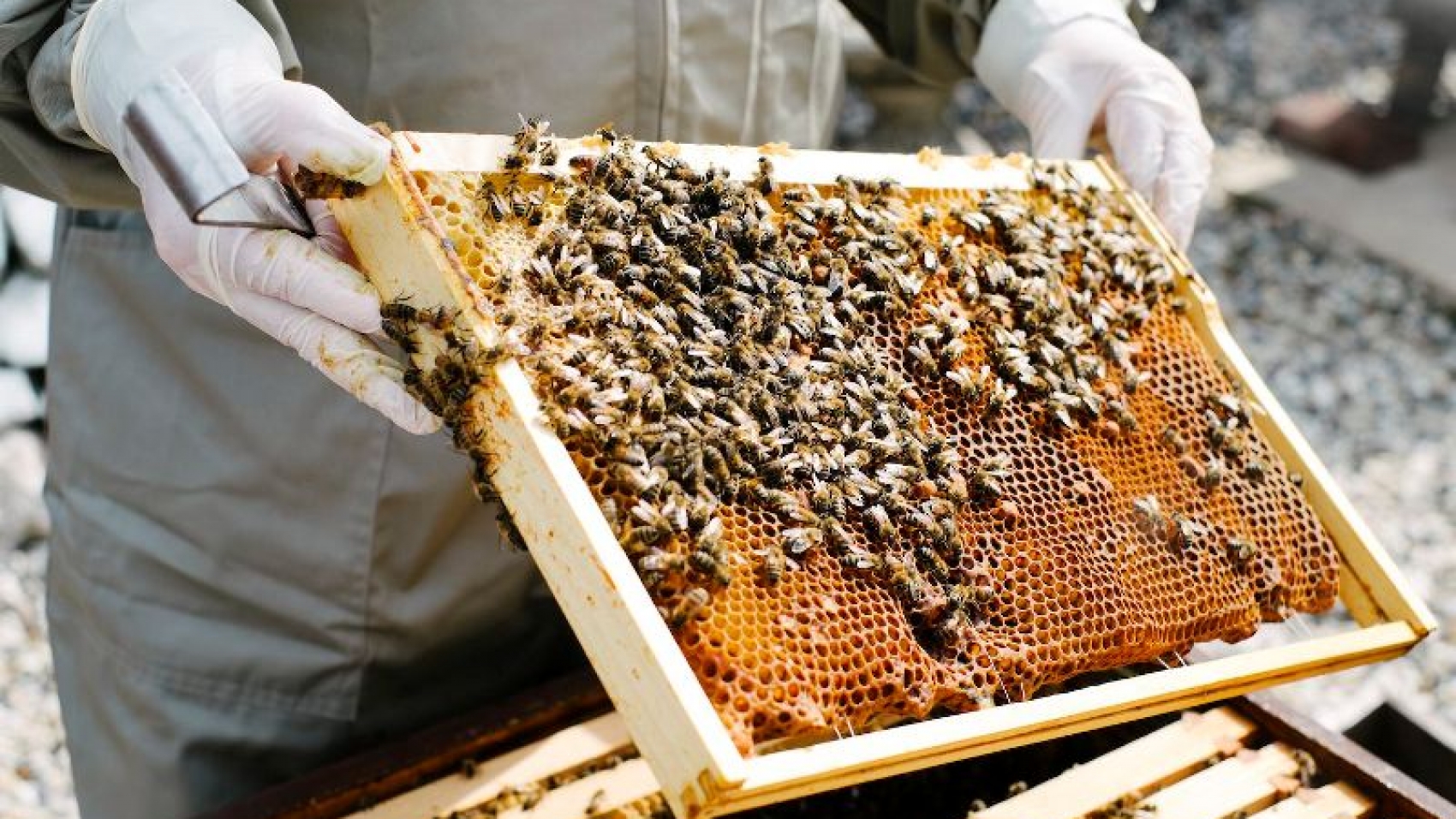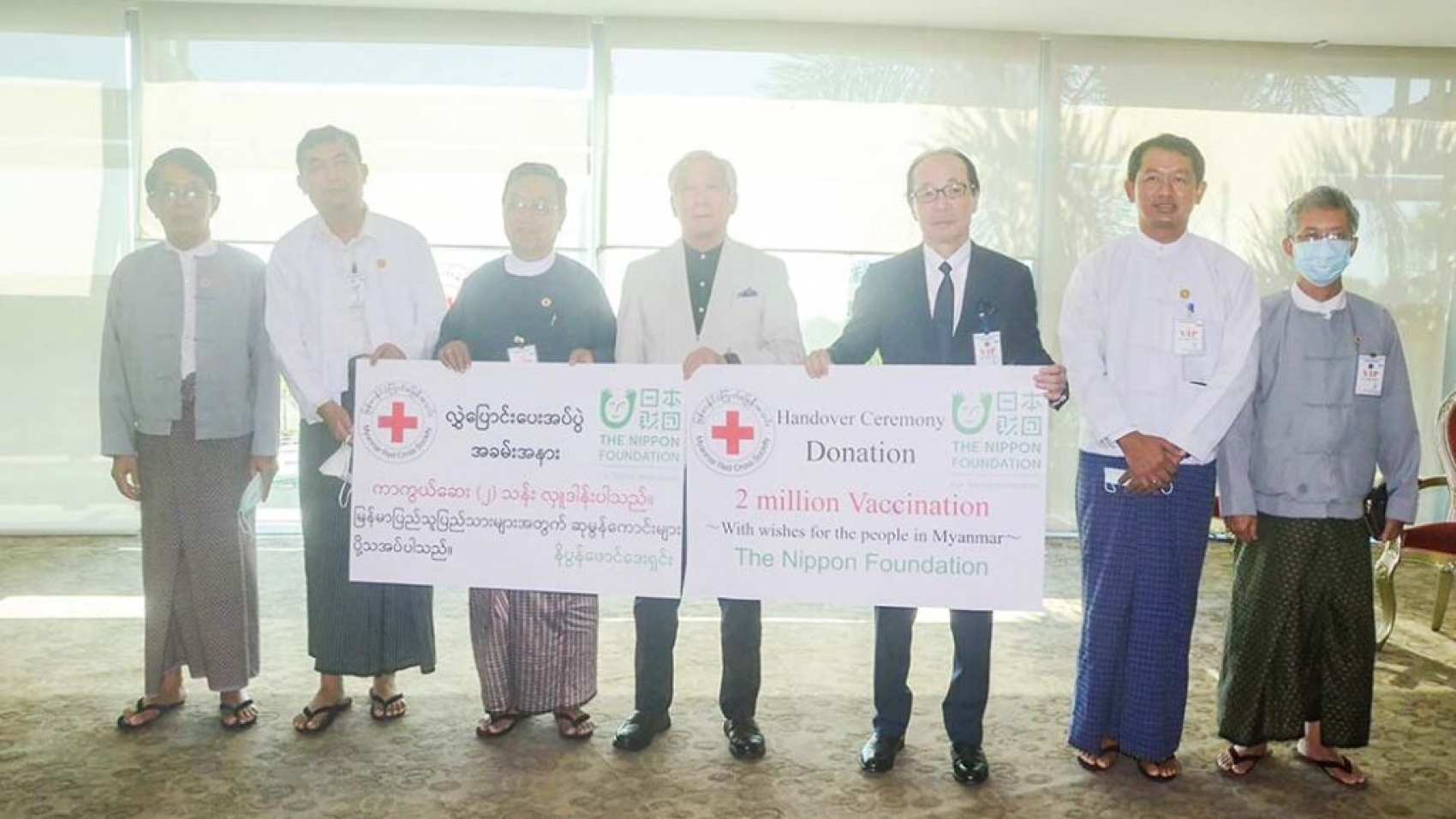Only K4.63 billion valued 887,969 shares by seven listed companies were traded on the Yangon Stock Exchange (YSX) in 2021, showing a significant drop of 63 per cent as against 2020, according to the annual report released by the exchange. In 2020, K12.6 billion worth of 1.87 million shares by six listed companies were traded on YSX, whereas over 2.4 million shares from five listed companies, valued at K13.39 billion, were traded on the exchange in 2019. Both continuous trading and block trading on YSX fell in 2021 despite the debut of Amata Holding Public Co., Ltd. (AMATA) on the exchange on 3 June 2021. At present, shares of seven listed companies — First Myanmar Investment (FMI), Myanmar Thilawa SEZ Holdings (MTSH), Myanmar Citizens Bank (MCB), First Private Bank (FPB), TMH Telecom Public Co. Ltd (TMH), the Ever Flow River Group Public Co., Ltd (EFR) and Amata Holding Public Co., Ltd. (AMATA) —were traded in equity market.
The share prices per unit were closed at K8,400 for FMI, K3,100 for MTSH, K7,900 for MCB, K19,500 for FPB, K2,600 for TMH, K2,900 for EFR and K6,000 for AMATA respectively in December 2021. In January 2021, 121,893 shares, with estimated value of K640 million, were traded in equity market. Then, it plummeted into K442 million worth of 77,388 shares in February. The figures extended further drops to K110 million worth of 19,816 shares in March 2021. Then, the market slightly rose in April with K280 million worth of 42,964 shares. The stocks maintained in the bull market in May with 78,642 shares worth of K432.448 million as well. In June, 79,296 shares worth of K430.285 million were traded on the exchange. Then, the volume of shares traded in equity market plunged into 36,855 shares in July 2021 and the trading value also slipped to K198 million. It climbed up in August 2021 compared with those registered in the last two months, with over K300 million worth of 49,191 shares traded on the exchange. It edged up to a record high in September, with over K825 million worth of 193,353 shares.
However, the trading volume plunged to 99,837 shares with estimated value of K561 million in October and touched a two-month low of K219 million, with 45,446 shares of the six listed companies traded on the equity market. It continued downward trend in December with K191 million worth of 4,428 shares, the YSX’s monthly report indicated The stock markets worldwide have reported their largest declines since the 2008 financial crisis. Similarly, the local equities market was also scared by the COVID-19 crash in the previous months, a market observer points out. People like to keep emergency savings and purchase the safe heaven asset gold, rather than make investment amid the COVID-19 crisis and current political conditions. Unexpectedly, people turned to stock market when the prices of gold remarkably gained in September. However, the stock market was back to down side in October, he continued. Amid the COVID-19 crisis and political changes, Myanmar’s securities market has been able to continue operating without stopping trading.
In 2020, the value of stocks traded on the exchange reached a peak of K1.48 billion in February, whereas trading on the exchange registered an all-time low of K552.9 million in November due to the COVID-19 resurgences in Myanmar, the exchange’s monthly report showed. Next, the Securities and Exchange Commission of Myanmar (SECM) has allowed foreigners to invest in the local equity market from 20 March 2020. Furthermore, YSX launched pre-listing board (PLB) on 28 September 2020 in order to provide unlisted public companies with fund-raising opportunities and build a bridge toward listing on YSX, YSX stated. The YSX was launched four years ago to improve the private business sector. It disseminates rules and regulations regarding the stock exchange and knowledge of share trading through stock investment seminars. The stock exchange has also sought the government’s support to get more public companies to participate in the stock market and help more institutional investors, such as financing companies, investment banks, and insurance companies, to emerge.
Source: The Global New Light of Myanmar


